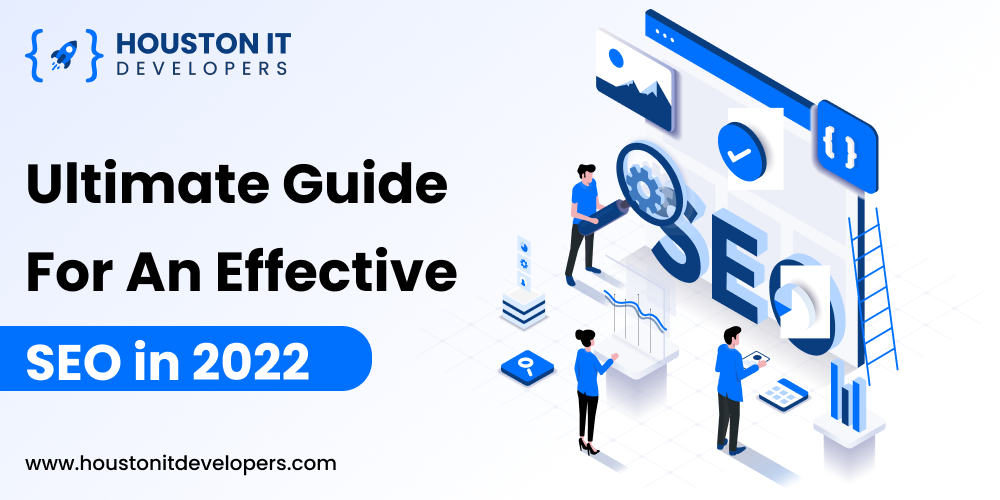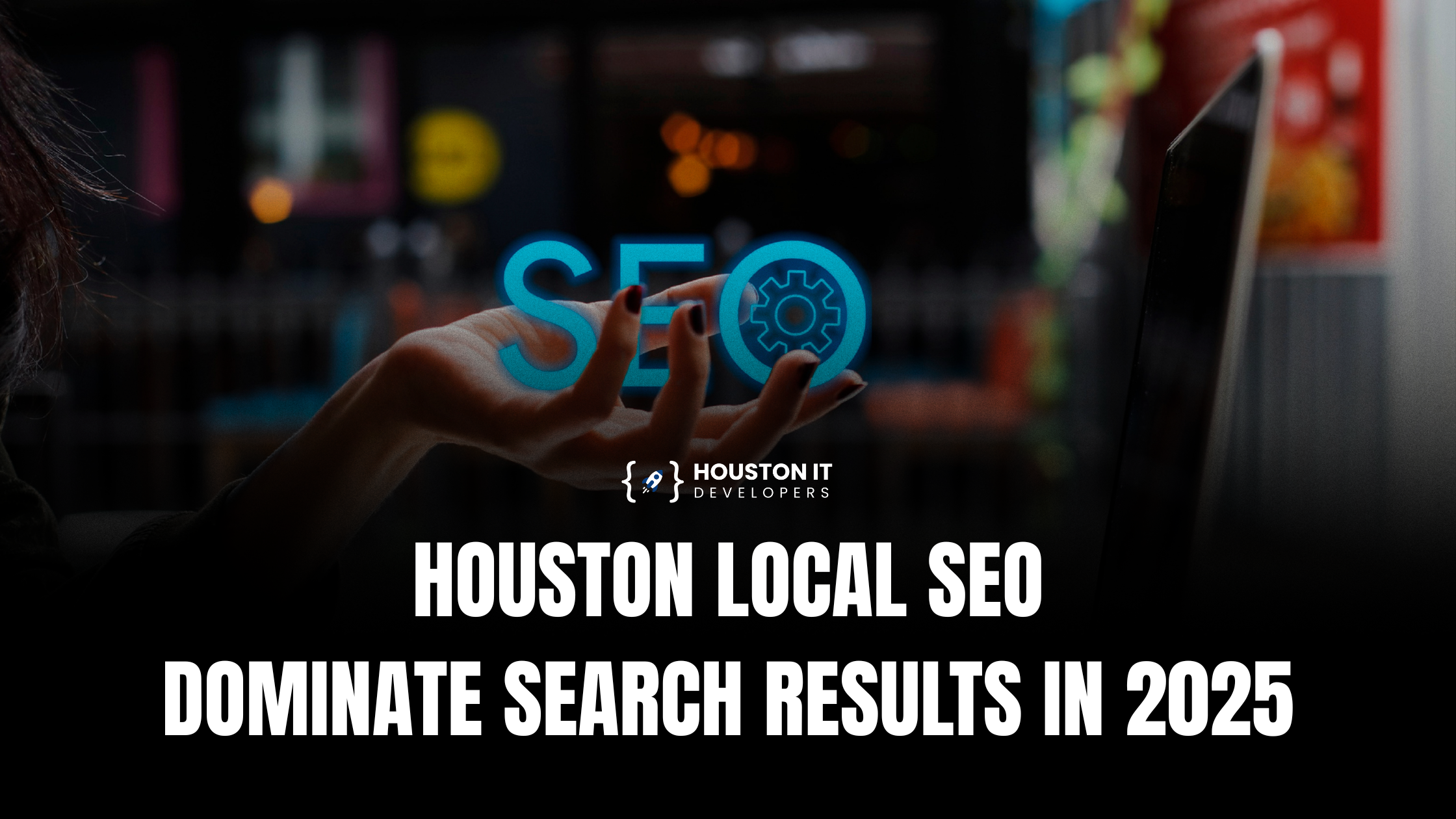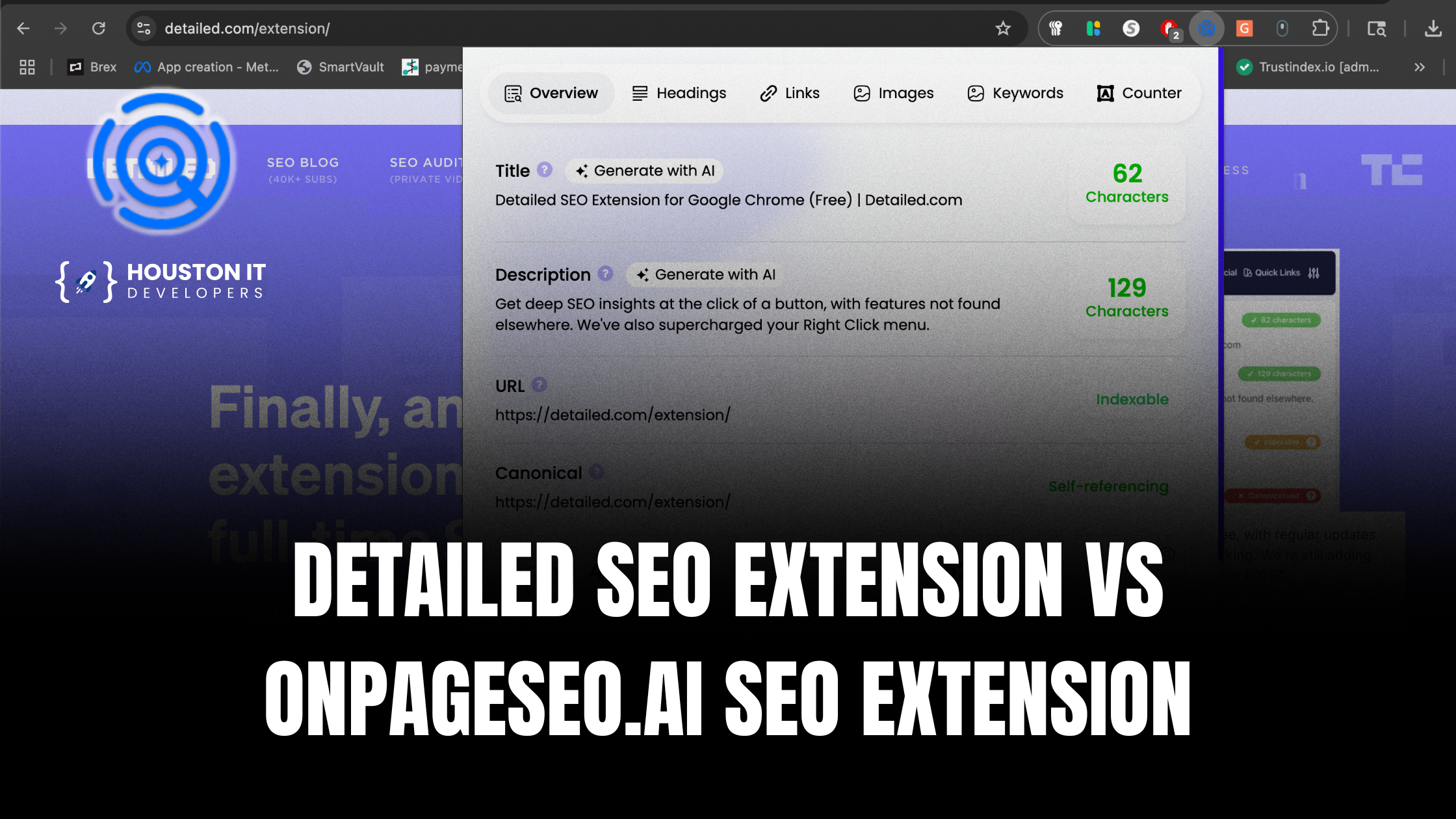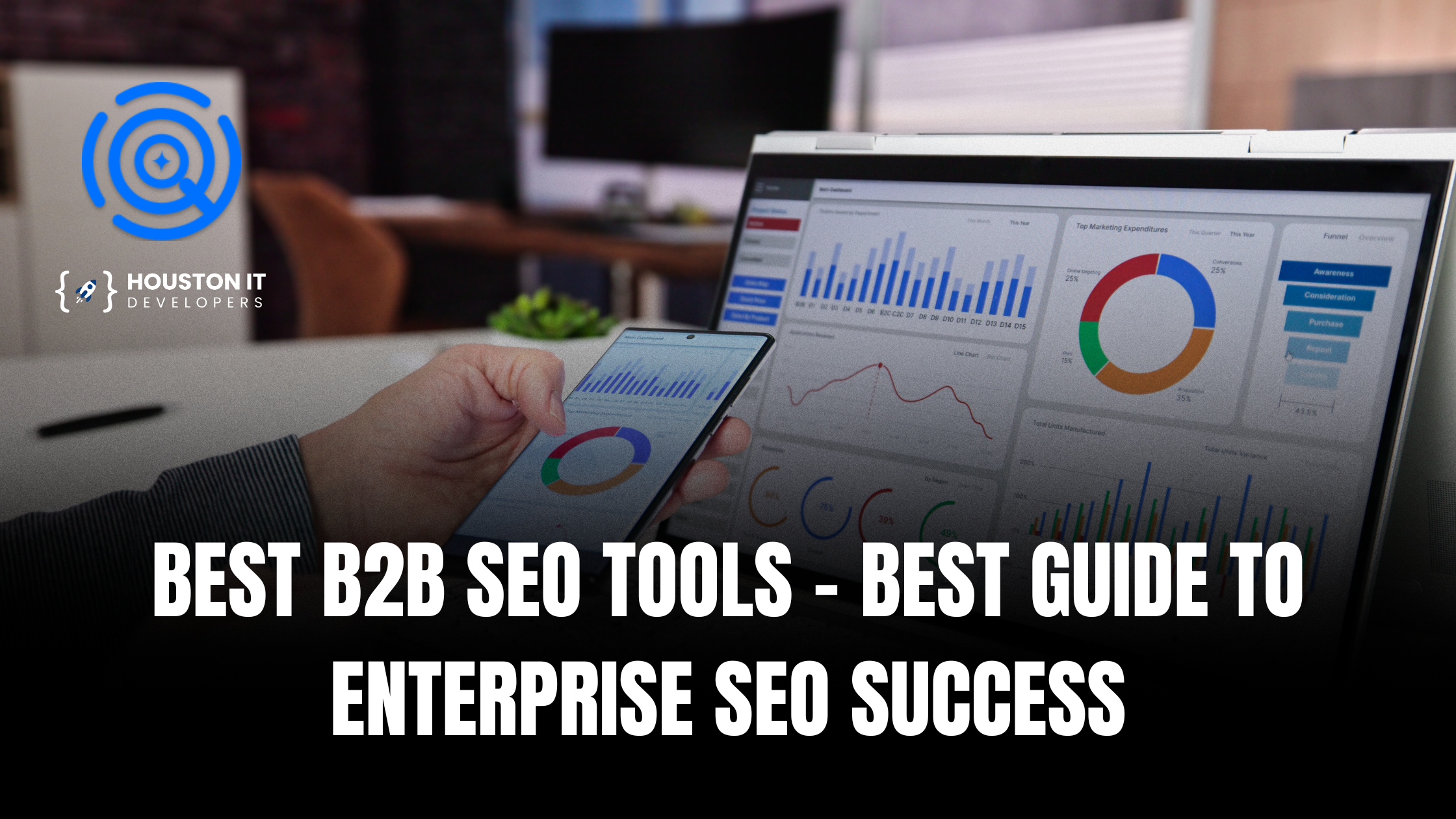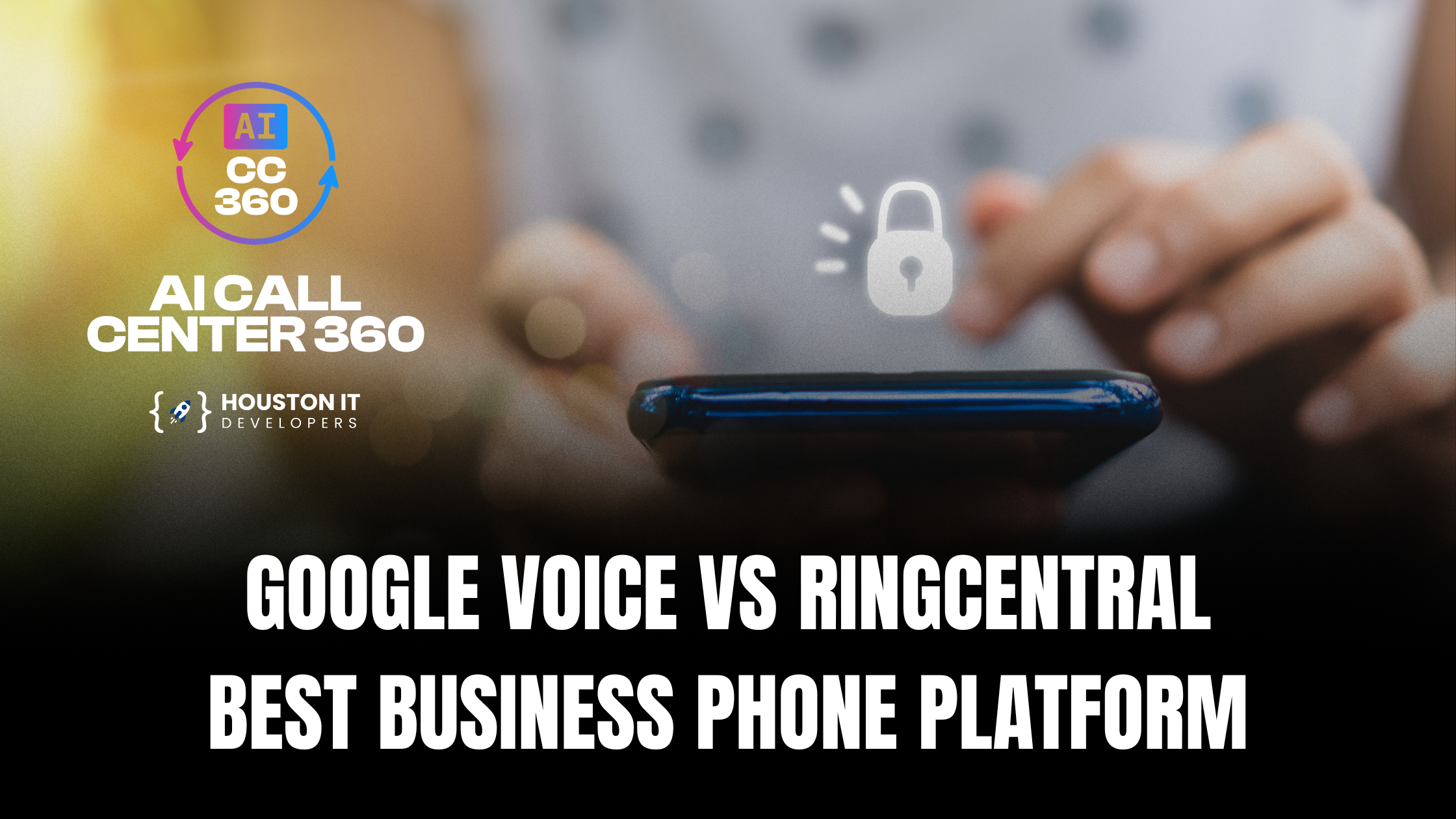Google Search is now used as decision-making.
With an average of 7 billion searches every day on Google, someone is certain to seek your company. You’re one step closer to making a deal if they found you on search. But if you don’t, you’ve just missed out on a potential consumer.
To increase their entire performance, especially on digital, every firm requires a variety of Search Engine Optimization services. Specifically, SEO can result in a cascade of benefits for your organization, such as improved website ranking and organic traffic, to mention a few.
SEO entails a complicated procedure that, to be honest, is difficult to describe. Add in the rapid evolution of technology and search engines, which is transforming the marketing landscape as we know it today. Marketing as we know it is becoming obsolete. You’ve got to stay on top of things.
You must conduct SEO if you truly want to flourish in the digital world.
SEO builds a comprehensive and user-centered website that ranks higher in search engines, raises brand awareness, and attracts relevant traffic, all of which leads to increased lead generation and conversions.
Reasons why your company requires SEO:
Search
SEO satisfies a critical step of the customer journey (search). Technology has enabled individuals to obtain instant information by conducting a simple search.
Google received over 2.3 trillion searches in 2019, demonstrating that individuals always seek online before going somewhere or doing anything specific. Because search is now the user’s major source of information, SEO can fill the gap in your Customer Journey.
Today, search engines are employed for more than just increasing traffic; they’re also used to increase conversion and revenue. As a result, search is no longer a component of your customer journey; it is now the primary channel for your company’s future growth.
Understanding the user’s search intent to develop content that fits their degree of interest at each stage is one crucial component that can crack the code on using Search as your major customer journey channel.
Addressing those micro-moments of truth is crucial to your Google Search performance.
There are several sorts of search intent to consider:
Informational Intent – The user is looking for specific information and answers about a certain topic.
Navigational Intent – The user is looking for a specific store or place, or wishes to visit a specific website. Local Intent refers to a user’s search for services in a specific geographic place, or somewhere close to where he or she is now located.
Transactional Intent – The user wants to transact, buy something, use a service, or compare things for commercial reasons now or in the future.
You can map specific keywords and target pages, both current and new pages after you’ve determined your user’s level of intent.
You’ll virtually effortlessly move your consumers to the next stage of their journey if you turn every relevant search query into a meaningful experience on your website.
Higher conversion rate
A website that has been optimized loads faster, is easier to read, can be completely browsed, and displays images correctly regardless of screen or device. Websites that are simple to read and navigate are more likely to capture the interest of your visitors. Making people fall in love with your website can turn them into loyal consumers and return visitors, resulting in more qualified leads and higher conversion rates.
Long term results
Search is an online marketing channel that shows results over time.
SEO is a long-term strategy of digital marketing that can take months to see optimal changes and rankings. However, once you are in the top positions with reliable and virtuous practices, you can make an effect that lasts several years.
So, how long does it take for SEO to have an effect? Your adjustments will take six to twelve months to see benefits. But only if you’re completely committed to improving your website’s performance.
SEO isn’t a game of luck or chance. The more time, effort, and money a website devotes to SEO, the better and longer it will remain a viable competitor in its market.
If you ask us, the average is 6 to 12 months, depending on your industry’s competition. What should be evident is that SEO is a long-term strategy that should always be present in any digital marketing effort.
Google’s algorithm is updated regularly to ensure that consumers get the best possible results and experience. Each algorithm upgrade has aimed to provide better user-friendly and user-focused outcomes. These include features such as knowledge panels and rich snippets.
Enter user experience (UX) design with search engine optimization (SEO). Both disciplines share the goal of providing useful content that answers searchers’ questions and meaningful website experiences.
You may enhance your website’s user experience in a variety of ways. This involves offering accurate and well-researched material, incorporating pertinent photographs or videos to supplement the text, ensuring a quick page load time, improved information architecture, and easy-to-navigate web pages or a mobile-friendly website layout.
More clicks, more leads, better brand memory, and higher conversion rates may all be gained by following these UX standards. This is what search engines are seeking for, thus your search ranking will improve.
Promotes the visit to a physical store
Searching before purchasing has become a habit among your users.
Humans, as previously stated, are inquisitive information searchers that require information as fast as feasible through a short search.
Google released important statistics that demonstrate how search-savvy people are:
Nowadays’ consumers are astute. Before making a purchase, they conduct a quick Google search. If the user is pleased with the outcomes, that is the only time they will purchase the product, whether online or in person. Businesses grow digitally, this way with searches and visibility.
The process
Keyword research
You’ve probably heard that keyword research is SEO’s meat and potatoes. In essence, keyword research affects every other SEO work we undertake, such as discovering optimization opportunities, content production ideas, and outreach or promotion methods, therefore it’s one of the firm foundations of all your future SEO endeavors.
Keyword research is the process of gathering and discovering keywords, phrases, and queries that people use or type in search engines to optimize content for such terms and rank them in search engines. It allows you to learn what your target market is looking for, as well as their ideas, worries, and desires.
Keyword research provides a universe of relevant pages and information that your website may and should have to be a relevant and authoritative content source in your sector or industry.
Keyword mapping
Isn’t keyword research enough, you might wonder? It isn’t, to tell you the truth. Only half of the battle is won. The other half entails inserting or assigning your researched keywords to exist or new sites for them to rank in search engines.
A keyword map can assist in identifying pages and content that aren’t optimized for specific keywords and making the necessary changes.
- Determine your link-building requirements.
- Make the campaign’s focus work a top priority.
- The keyword map aids in prioritizing the effort required to improve your SEO.
- Do internal linking
The keyword map findings can help you with your internal linking structure, which is mostly focused on content relevancy and content hubs. They are made up of central and topical content pages.
SEO competitor audit
It’s not new to use search engine optimization as a marketing strategy. Many corporations and enterprises have already decided to optimize but this does not mean they are ahead of the game.
Investigating competitors can assist us in determining what efforts they are doing to improve their SEO. By looking at their content, keywords, backlink profile, and current rankings, you can figure out how well they’re doing in search. This also allows you to compare their results to your website to see if there’s anything you haven’t done yet that’s competing with them or if there’s anything we can do to leverage your business that they haven’t yet. Keep your friends near, but your enemies even closer, as the saying goes.
On-page optimization
On-Page Optimization is one of the four pillars of SEO, and it comprises your website’s web pages, content, and HTML source code.
Conclusion
Search engine optimization is a long-term process yielding results in a way that doesn’t match any other marketing channel.
Our SEOs and Content Specialists know how to work together to design a complete strategy to boost the site’s overall onsite SEO using all of the preliminary audits and research. Explore our website to get more information about how we can help you increase your website’s rank.
